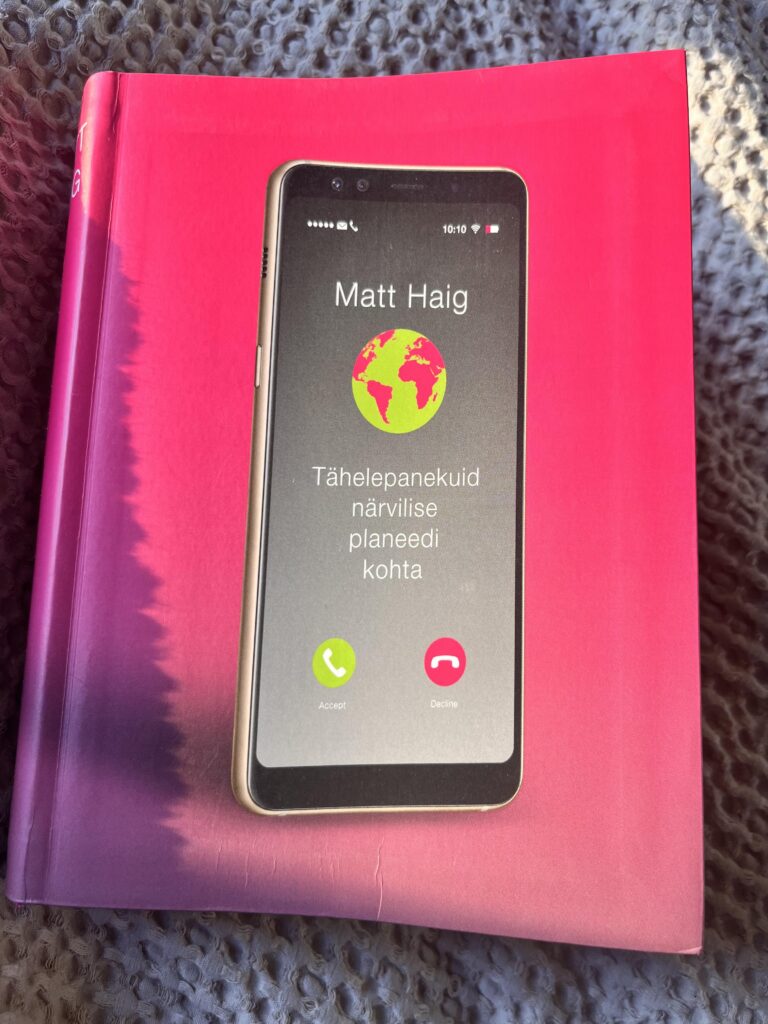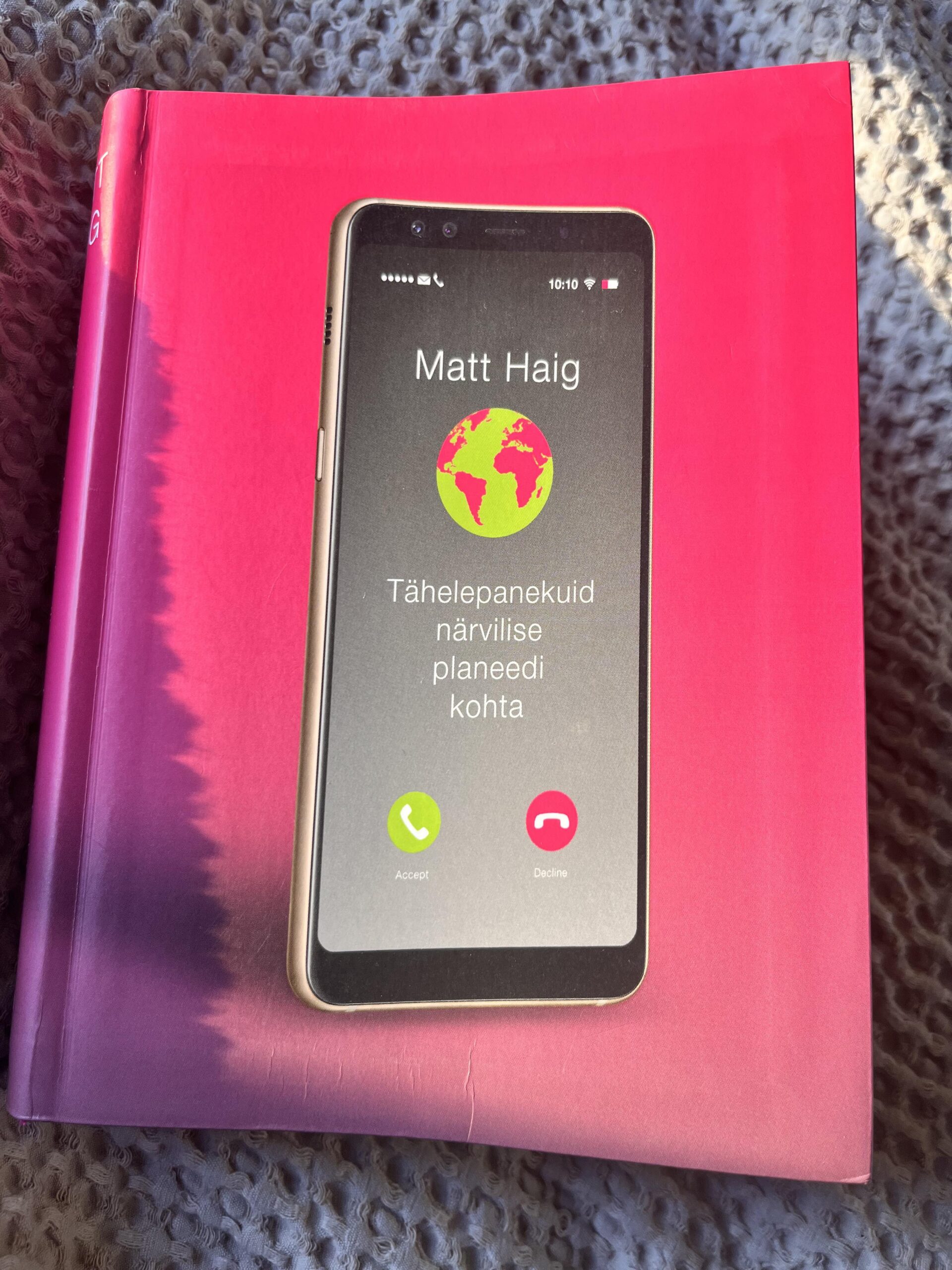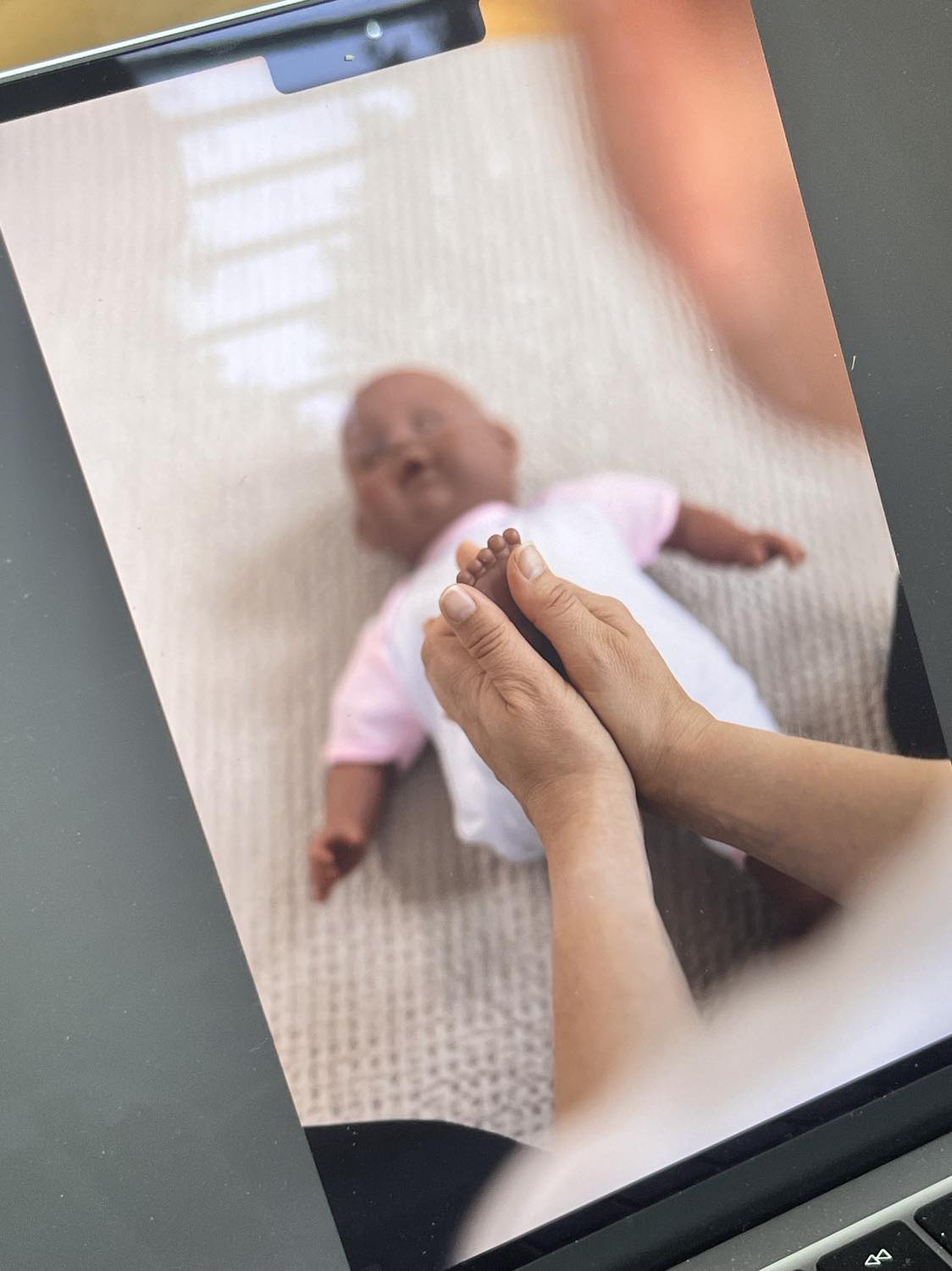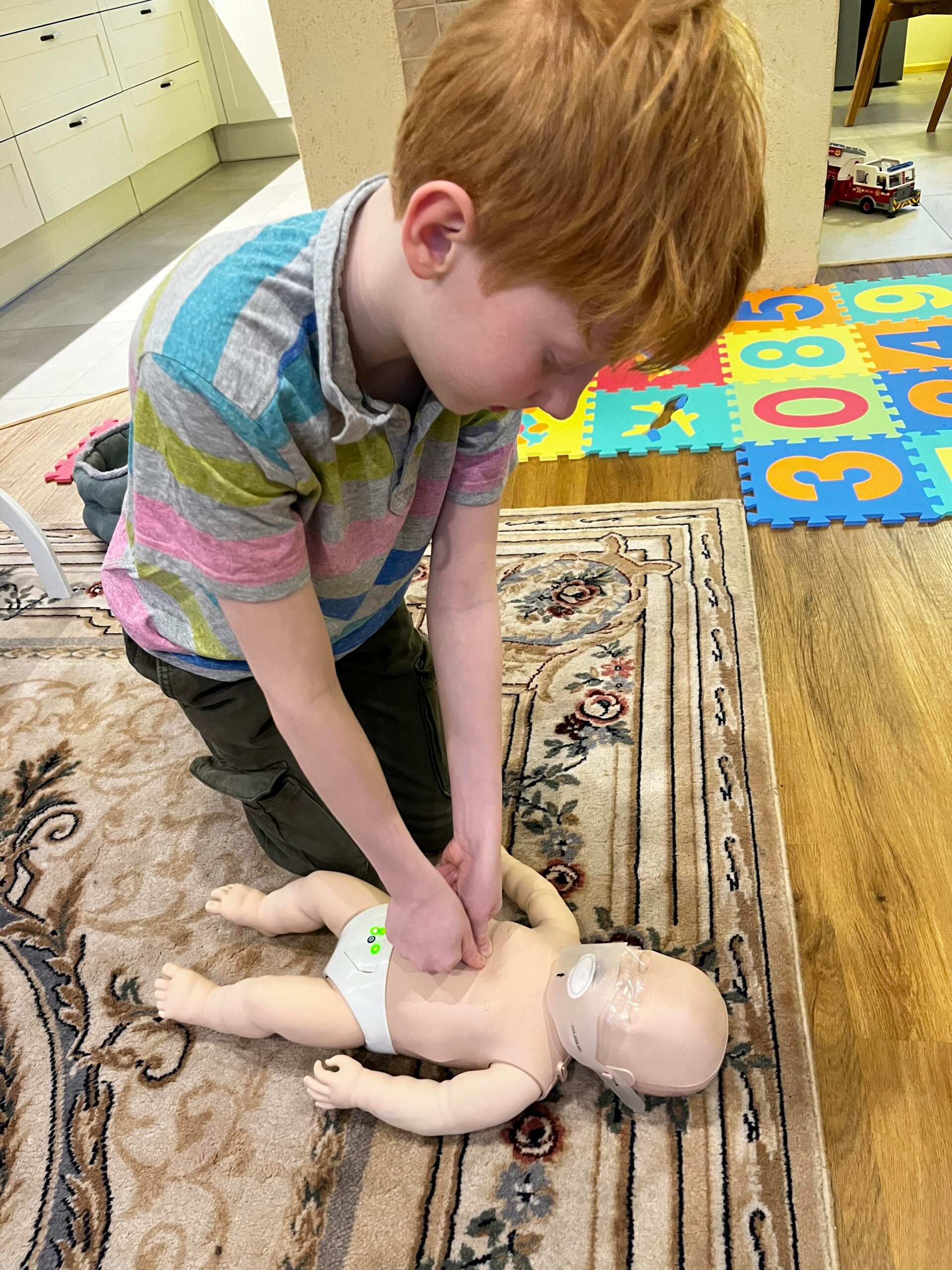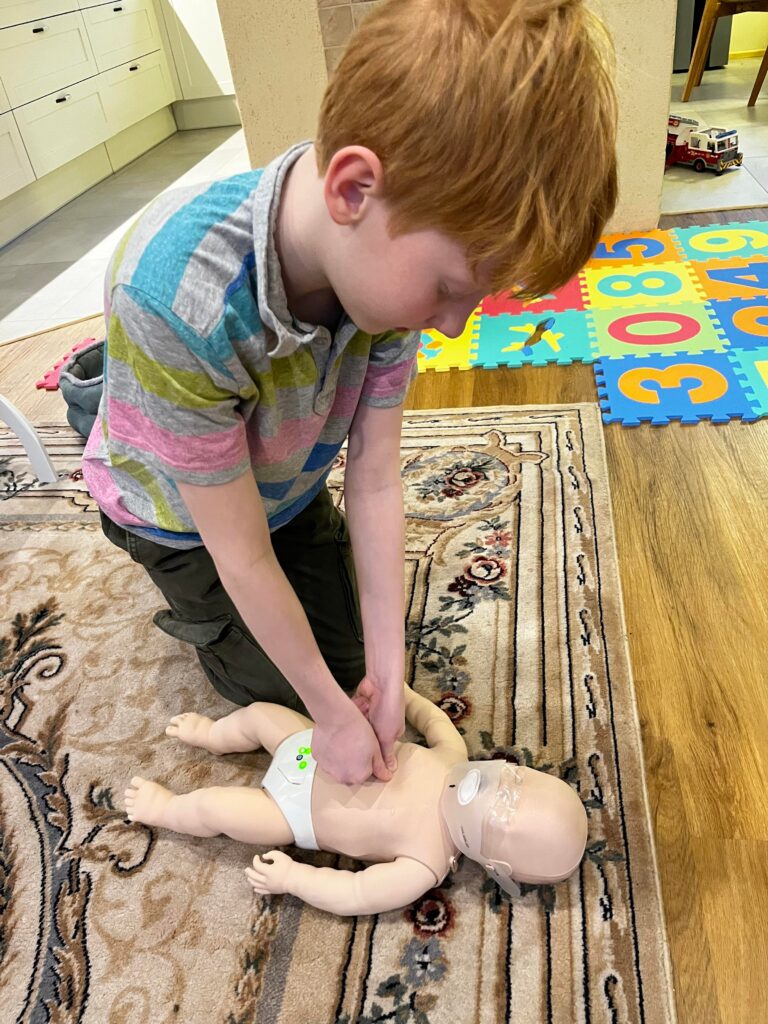When I wrote in 2020 what life is like with a child with special needs I didn’t think that it would actually be followed by several years of daily/night work with the family. https://www.kadiandbabies.com/en/post/from-a-weekly-ski-trip-to-a-24-7-caretaker-for-three-months
The child turned six at the beginning of the year and has now been diagnosed with Dravet syndrome (DS), a severe form of epilepsy characterised by frequent, long-lasting seizures (often caused by high body temperature), developmental delays, speech disorders, sleep disorders, and other health problems. Last year, autism was added to the list of diagnoses, and at the beginning of this year, activity and attention disorder (ADHD). Since the latter is very prominent in the child, i.e. when the mood is bad, kicking or simply slapping passers-by with an open hand is a fairly common impulsive reaction, and some days there is more biting and head banging.
In order to get a better overview of the topic, I will share with you my daily work with a child with special needs. It includes searching for a suitable school, school holidays, air travel and also trying new medicines and the worries and joys that come with it.
Finding a school place
Since there are very good schools for children with special needs in London it was a surprise that most schools do not have the possibility of a personal support assistant. For the last two years, the child had attended a regular school (in the UK, children go to preschool at the age of four) because there was a support assistant who took care of them. At one point the support assistants changed, and this also reflected in the child’s behaviour. Due to physical incidents with fellow students, studying in a regular school was no longer possible.
Soon we started getting to know schools for children with special needs. We informed the school about the child’s specific obsessions, which are all kinds of sticks, rulers, canes, umbrellas, etc. In general, they aren’t used attack anyone, but without perceiving the danger, the situation can become dangerous. Introduction sessions at the new schools became a case of taking the child to school and waiting in a nearby cafe for a call in case the situation got out of control. Based on the feedback received from the schools, we could understand that our hopes of finding a school were dwindling to nothing. Even in schools for children with special needs, children are expected to be calm and obey the rules. Our child did not live up to such expectations.
In the end, the child got a place in the school for children with special needs near their home. It took some time to adapt, but now they have been there for eight months. Let me mention that going to school has not been painless either. To get their way, the child has managed to make it look like they’re having an epileptic fit, but the real purpose was just to distract. Since the situation was unfamiliar to the teachers, I was called in but as soon as I called the child’s name, they were immediately better. Since you must be firm with the child, it is difficult for teachers who employ different methods of “encouragement”.
At the very beginning, the school called to say that the child was not very communicative and was talking confusedly. When he went to school, he was lying on the floor in the nurse’s room like a starfish. The moment I said the child’s name from the doorway, they jumped up and shouted “Hello Kadi!”. On that occasion the teacher had taken away the tablet (another obsession is screens that we don’t give at home) and the child decided to simply ignore further instructions and just lay on the floor. Everyone in the room had a good laugh, because they had never met such a cunning head in their school :D.
Since you have to be firm when communicating with the child and this “chicken-keeper” method doesn’t work, the teachers sometimes struggle to get them out of the school building, and it’s not rare that I shout the child’s name across the corridor and they jump up again and walks with me like nothing has happened. I asked the school what their solution is for communication or what method to use to get the child to do more everyday things, because I don’t have the education to deal with children with special needs, then the school’s answer was that they can’t give advice, that it is a complicated case. So I have to continue this “Hitler” style of communication so that we can get some things done.
The positive thing is that no parents have made any complaints about the child at that school.
School Holidays
Anyone who has come in contact with children with special needs can say that everything is not always so bad, and in fact there are many days when the child is in a good mood, has had a good night and maybe only wakes up once or twice for a moment. Since I like to spend a lot of time outdoors, I bring a picnic basket and we go to watch the morning horse training at Hyde Park. Feeding the squirrels and parrots is also a nice pastime. Going to the markets is a particularly nice activity. This immediately reminds me of a nice day when we went to the market and even though we had lunch with us, the child expressed a desire for something else. Since they have never been picky or demanding when it comes to food, sometimes its ok. All the benches were full of people and next to us sat a woman who had a burger with a box, the moment she placed her box next to the us I already saw in my mind’s eye how the child would grab it and take a bite and as usual in such cases, that’s how it went. I offered to buy a new burger or something, but luckily it was a very understanding person and said that she didn’t really want that burger either. The zoo is also an interesting place, but you have to be prepared for the fact that people do not tolerate children with disabilities and very unpleasant situations can arise. One such visit to the zoo just ended with a quick trip home because the child became grumpy and started hitting passers-by.
The camp for children with special needs was a very nice opportunity for us. I took the child to the place in the mid-morning and brought them back after lunch. They did very well there and we received good feedback. The staff pointed out that our child comforted a crying child and was very friendly with him. This shows that children with special needs also have empathy and feelings. A big plus is that the child has learned to speak a lot and can express themselves very well, which has certainly prevented many misunderstandings.
Air Travel
For our first flight, we had played through all the situations from getting on the plane to the fact that some health issue arise. I consider the trip a success in all respects, although there were still small “bumps”. When preparing for the trip, I had to think about how much medicine is needed, where to put emergency medicine and additional medicine, in case something happens and we end up in the hospital. The paperwork was also not small, and it’s good that I researched it in advance. Since the parents did not fly with the children, I had copies of the parents’ marriage certificate, copies of passports, copies of the parents’ birth certificates and a letter (preferably notarized) that I have permission from both parents to travel with the children. A separate letter had to be taken from the doctor with his signature and stamp, which stated the child’s health condition, the medicines prescribed, and quantities taken on a daily basis. One important thing when traveling is always to have travel insurance but getting insurance for a child with special needs was again a separate task, which we did and discussed with the parents. Here it is worth mentioning that many do not take out insurance for such a client who has health problems.
Drugs and their side effects
The main drugs have been Sodium Valpora, Stiripental, Arthimizine and Clobozam. In the last year various drugs have been tried in an effort to promote concentration and reduce impulsivity. A side effect of some medicines has been that the child does not sleep at night. These are the nights when the “party” gets in and out of bed, the lights is on in the room, the curtains are drawn, runs out of the room and I have to keep them in bed with physical force. At this point, it would also be wise to note that the child has more strength than some bodybuilder (anyone who has a child with special needs knows what I’m talking about). By the morning, I’m physically and mentally exhausted by the battle, and laugh that I feel like I have a hangover without the consumption of alcohol and partying. The “hangover” caused by lack of sleep has probably been encountered by every parent at some point. There has also been a struggle of its own with the administration of medicines, where I finally got the best result when we stopped hiding the medicines in the food and I can now say that we have to take the medicine (of course, we had to somehow motivate them so that the medications would not be spat out behind the sofa). As the child is a big fan of horses, I had to show a video of horses that we filmed when we went to the park together. On top of all that, the new challenge is the side effects of Brexit, such as not being able to get medicine or not being able to tell when it will be available. The latter led to one drug having a very short best before date of a month or two and it was a complete headache to acquire. Every day you just hope that you don’t need to use it and you watch which box has not expired yet.
Visits to doctors
We have regular doctor’s visits where both physical and mental development are monitored. Some visits are more difficult than others. Sometimes there may be several doctor’s appointments in a week and there may also be a so-called last-minute appointment. The doctors are not in one place, and you have to carefully monitor which hospital and floor the reception is in. It should be mentioned separately how we go to give blood and when I sit on the stretcher with my leg wrapped around the child and I try to keep the upper body still with my hands, there are also at least 3-4 people to hold them down. Sadly there are times when not enough blood has been taken for all the tests, and in one week we have gone to give blood three times.
In conclusion
I can say from my own experience that taking care of a child with special needs has taught me to be extremely patient and not to be upset by every little thing. Life must be taken as there are things that we cannot control and we must learn to live with them. Also, families with a child with special needs should not be afraid, because these families also want to socialise and do not need to be treated differently because of their child. Parents of children with special needs have to deal changing laws making it necessary to prove a child with a profound disability is does in fact have a health condition. Submitting all kinds of requests has also been made as difficult as possible, so that parents of a disabled child already have questions about their own mental health!
